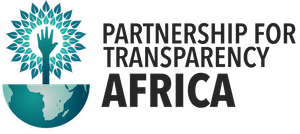South Africa has some of the most progressive and comprehensive laws and policies in the world to promote gender equality and support those affected by GBV seeking legal recourse. However, a 2011 study estimates that only 0.3% of GBV cases are reported due to a lack of faith in the criminal justice system. This is in large part due to weak implementation of relevant laws and policies, including lack of funding; duplication of mandates and confusion of roles; failure to address problems; and inadequate training for frontline responders. Low conviction rates in court also contribute to a culture of impunity which can deter survivors from reporting. In 2013, 66,197 sexual offenses cases were reported but only 5.6% resulted in conviction.
Civil society can play a vital role in bridging these gaps by enhancing transparency in the delivery of public services and providing high-quality, independent, feedback on the effectiveness of laws and policies. This program provides financial and technical support to local CSOs, especially those serving rural and vulnerable populations, for social accountability programs aimed at increasing access to and improving the quality of redress services for those affected by GBV and discrimination.
Grant recipients will compile information on the handling of GBV and discrimination cases and analyze how they are processed by government medical personnel, police, public prosecutors and courts in comparison to their legal obligations. This data is intended to help identify irregularities and bring reports of misconduct to the attention of authorities. Results will be shared with citizens and government officials with recommended strategies for addressing service gaps and identified good practices for replication.



